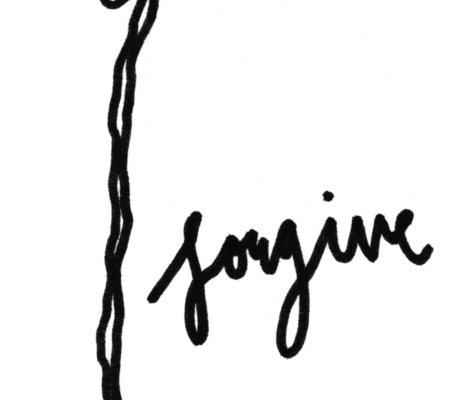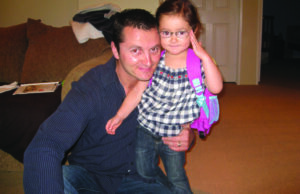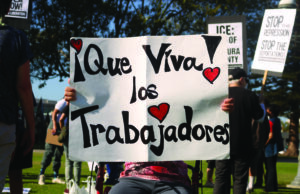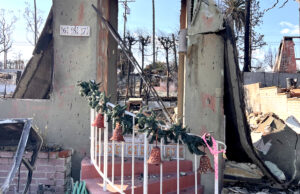Forgiveness opens opportunity for freedom

The first thing I learned on my silent retreat last June, away from home and technology for four days in the heart of Los Angeles, was that you have to forgive yourself for your past mistakes before you can fully move forward. I remember the weight of the tea house smoke and the condensation on my skin when I joined in on a late lecture about freeing oneself from the past. There are a profound amount of layers when speaking about forgiveness. For a long time, I viewed forgiveness as this linear result, something that goes only one way. In the relationships I built and the people I chose to keep close, forgiveness began to feel more like accepting someone else’s mistakes and choosing to let them go, rather than the kind of forgiveness we offer ourselves in moments of personal struggle.
Self-forgiveness is a practice that often gets overlooked. Generally speaking, when we are experiencing an emotional conflict, there is a lot of blame that goes on internally before there is rumination. I didn’t notice how powerful the different phases of our emotions are until I was drinking tea in a room full of strangers. Not only that, I noticed how they dictate the ways we forgive ourselves. This is because, similar to grief, forgiveness has stages too: identification, acknowledgment, empathy, self-forgiveness, release and reflection.
Identification comes from accessing the conflict. It is easy to psychoanalyze the positions we are put in, especially if it is emotionally affecting us. Identifying the places of guilt, resentment and judgment is a good place to start the process. The acknowledgment of the conflict, and noting it, is what prepares the mind to go into empathy mode, where forgiveness is not accepting what happened or forgetting the hurt, but a voluntary transformation of feelings, attitudes and behaviors. It does not matter the scale of the emotional conflict, either way we will all go through the rocky transition to forgiveness, it is all about not letting it control you.
Psychologist Everett Worthington distinguishes between decisional forgiveness, which is the commitment to replace ill will with goodwill, and emotional forgiveness, the replacement of negative emotions with positive ones. Decisional and emotional forgiveness are two aspects of the same experience, neither one of which necessarily precedes the other for who is more cognitive or not. Though there is something to be said when we are debating whether or not forgiveness is a choice: who is it really for, ourselves or the other person? When forgiveness is put into this perspective it becomes anything but linear, and sometimes just like grief it is a slow and painful process on the way to freedom.
From a young age, we are taught to “say sorry” and to use our manners when forgiving someone. But there is a substantial difference in forgiving someone for emotional versus physical conflict, and the guilt and shame that can come with it can sometimes feel worse. For instance, I can think back to countless times when roughhousing with a friend that I ended up hurting them. Even though I had already apologized and my friend had forgiven me, I still felt shame and guilt. But forgiveness goes both ways. And you can try to rekindle a relationship with someone as much as you want in order to be forgiven, but true forgiveness comes from within one’s relationship with themselves.
By the end of my silent retreat, I left thinking a lot about the people I have hurt in the past. I left thinking about the people who have hurt me. And I took a moment to gently forgive myself and the people who have weaved their way in and out of my life. Through that I found that the way to freedom is through forgiveness.



